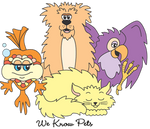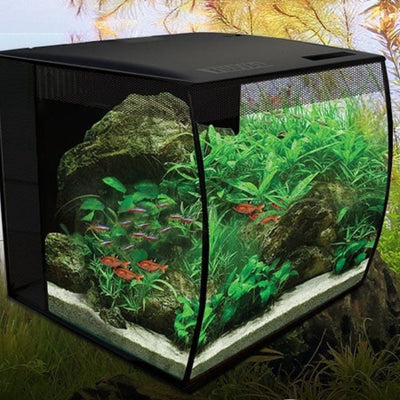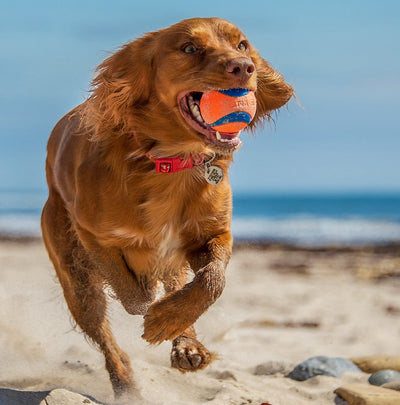Dog food has changed a lot in the last 40 years and combined with improvements in vet care our pets are living longer, healthier, and happier lives. One of the most current trends that we are seeing in dogs is the rise of grain-free formulas. As pet owners, it’s hard to know what we should feed our dogs, and are these foods really better for our pets or are they just another fad? The answer like so many things when comes diet probably lies somewhere in the middle.
What do dogs need in their diet?
Dogs need a source of protein and a source of carbohydrate in their diet. As they are omnivores (they eat plant material and meat), different sources can be used to provide both protein and carbohydrates. Traditionally the protein component of the food is derived from meat and meat by products (this can be muscle tissue and organ meat) The carb source comes from grains including corn, barley and sometimes wheat.
Skin conditions and stomach issues can often be linked to diet. Some people believe that these conditions are related to a grain allergy, although interestingly, the most common allergen in dogs is chicken and then three other meat proteins. The fifth is the first of the grains.
That said, often changing to a food that is grain-free can improve both skin and stomach conditions in many dogs and this is probably two-fold. The first reason is that many grain-free food use alternate protein sources such as fish or kangaroo meat as their protein source and these are favoured when dogs are having sensitivity with traditional chicken based foods. Secondly, their carb source is usually chick peas, potatoes, or rice, again these are usually low allergen products for dogs.
So should we all just go grain free?
It would appear from this that grain free diets are the way to go but like everything there can be drawbacks. Grain-free diets may increase the weight of your dog as they tend to be higher in fat. This makes them more palatable so dogs are keen to eat it, if you’re going grain-free, consider decreasing the amount you’re feeding.
There has recently been a report from the U.S Food and Drug Administration citing a potential link between grain free foods and DCM (a disease where the heart becomes enlarged that occurs in dogs). Previously it was thought that this only occurred in certain breeds that were genetically predisposed to it. However, recently it has been occurring other breeds as well. Diets in these cases listed potatoes and legumes including chick peas and other pulses as a part of their diet. These are often found in many grain-free foods.
It is important to remember that it is still not known if these ingredients are linked to cases of DCM and much more research is required so there is no reason to stop feeding your pet grain-free at this stage.
Ensure that your grain-free food meets the AAFCO feed standard. Avoid grain free foods that claim having a limited number of ingredients as often these are missing important macro and micro nutrients that help your pet effectively digest and use the energy out of the food. If in doubt always seek the advice of your vet before making changes to your pet's diet, especially if you think that your pet may have a serious health condition.
For further information, call in & see us in the store, or email us: admin@weknowpets.com.au
4/72-76 Station St Bowral NSW 2576
PH: 024862 1175
© weknowpets 2018





